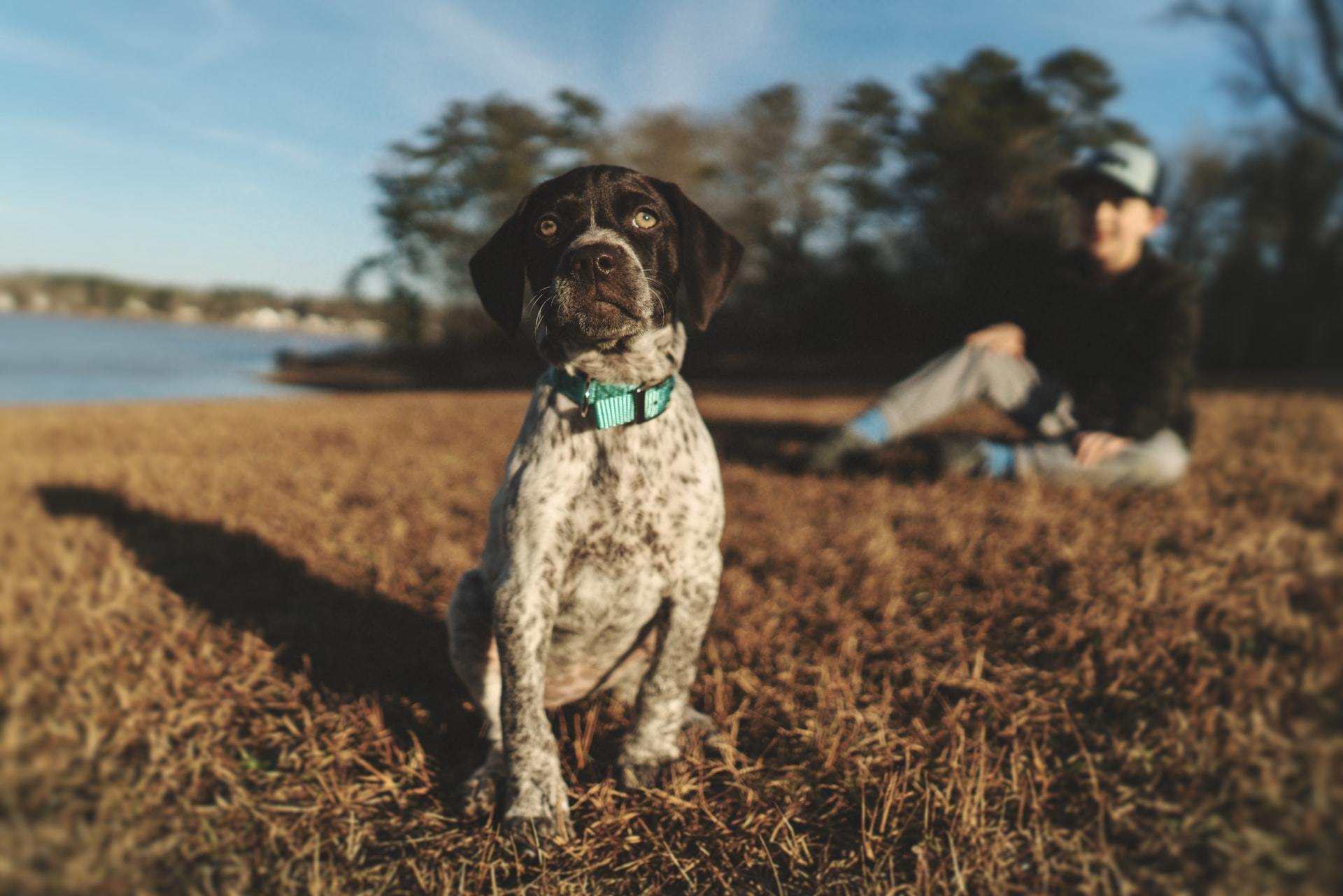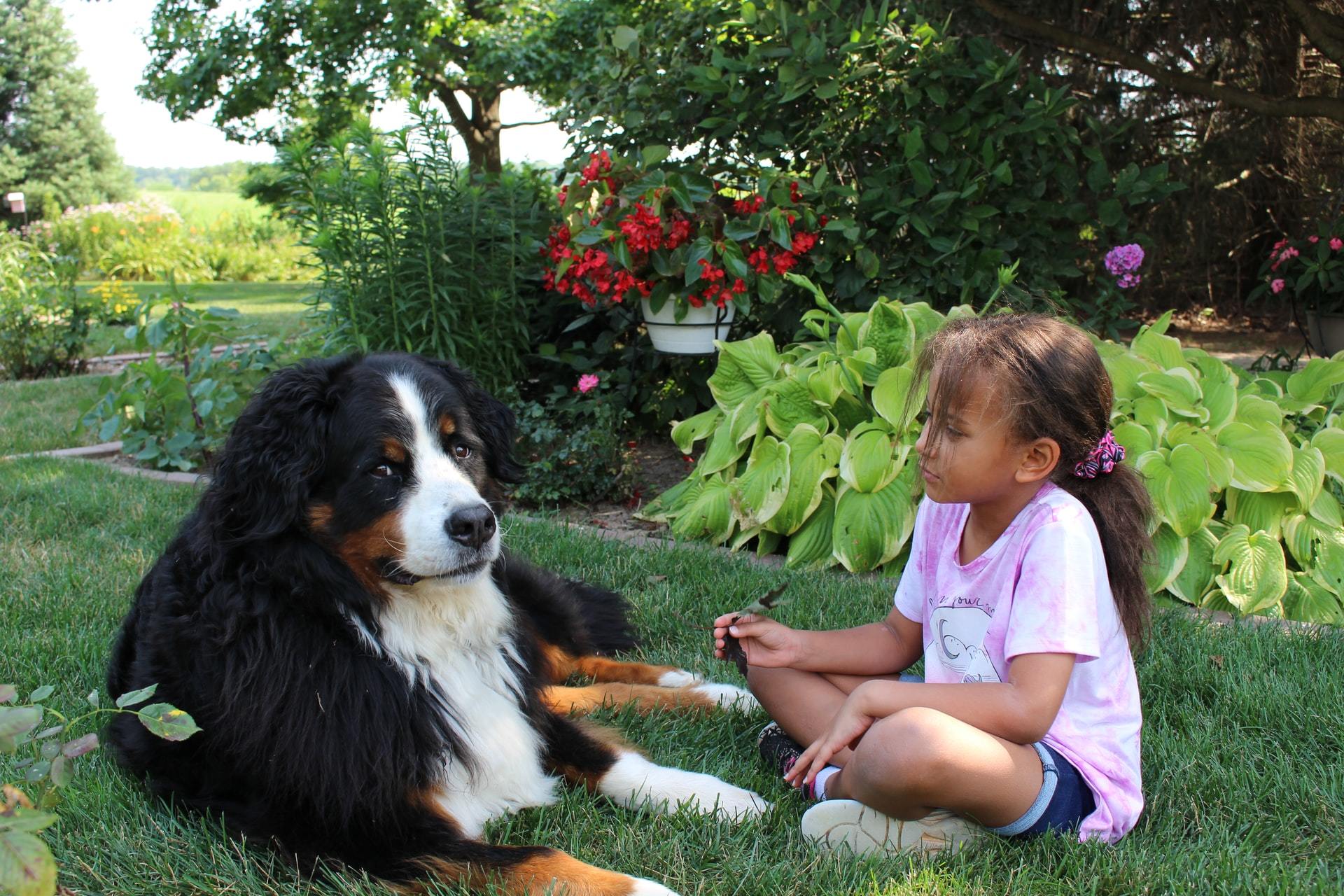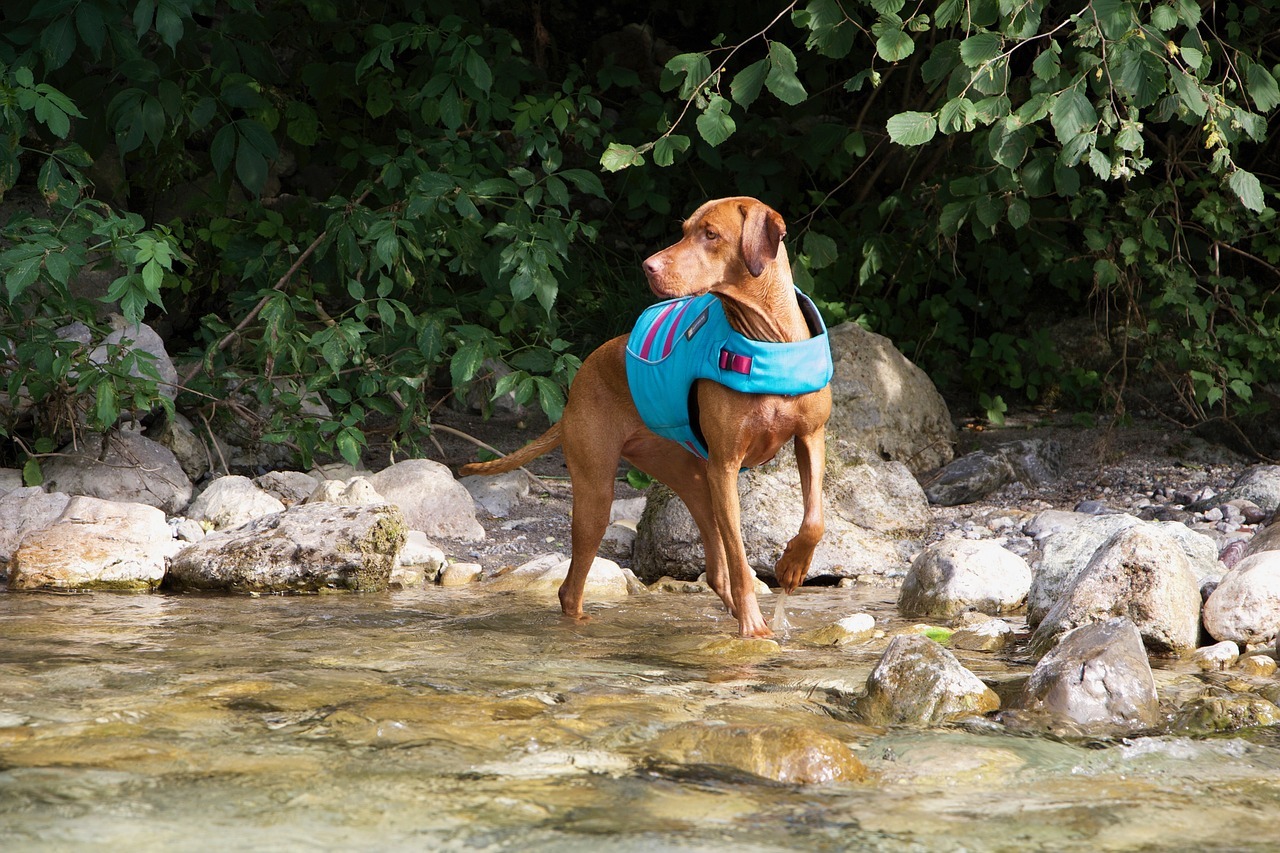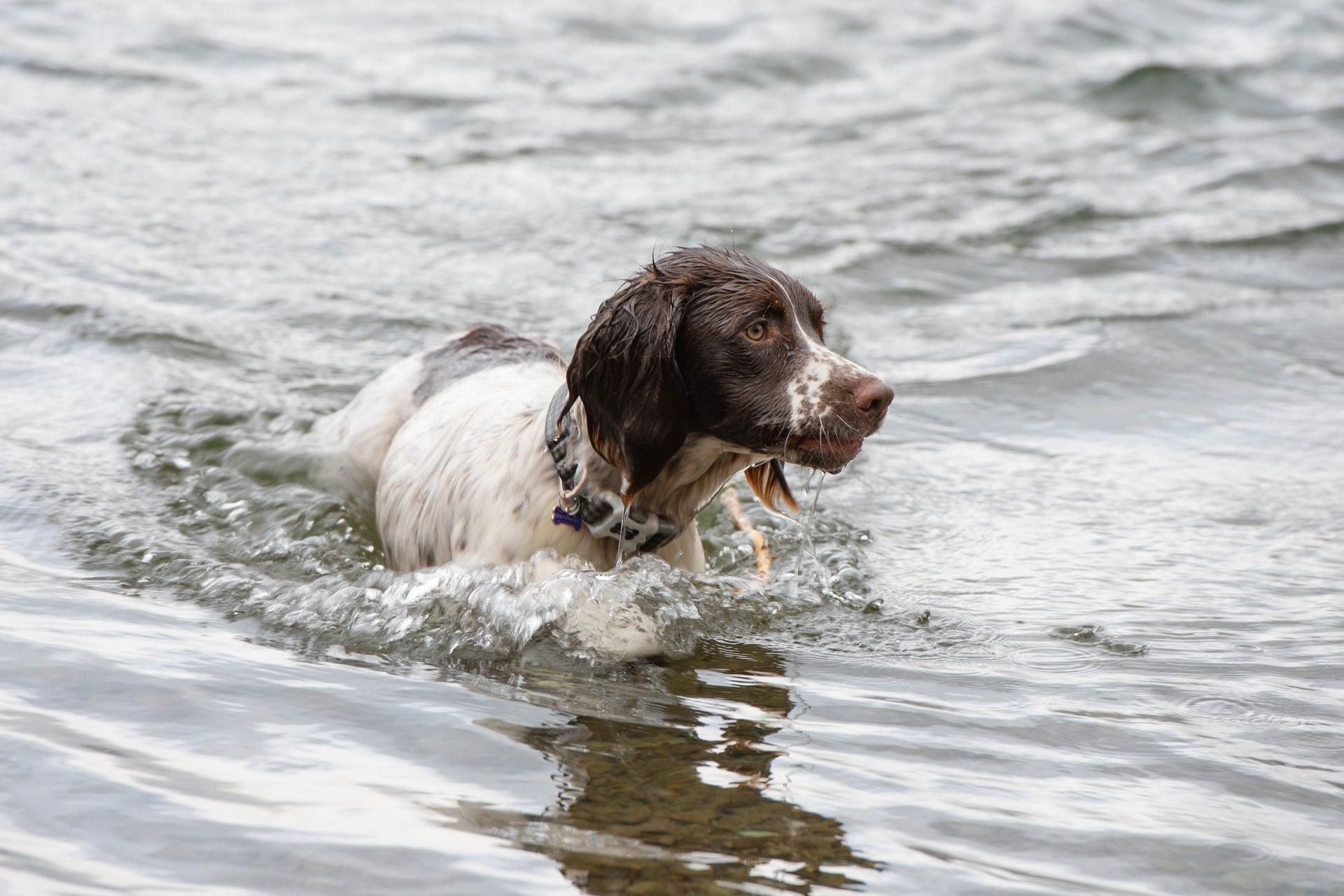Common Worms and Parasites Found in Dogs

All dogs get intestinal parasites, so it is important to talk with your veterinarian about diagnosing, treating, and preventing worms. This article will discuss the most common intestinal parasites and protozoa seen in dogs (Roundworms, Hookworms, Whipworms, Tapeworms, Giardia, Coccidia).
Are you concerned about your pet?
Book a video consultation with an experienced veterinarian within minutes.
- Professional vet advice online
- Low-cost video vet consultations
- Open 24 hours a day, 365 days a year
Roundworms
Roundworms (Toxocara Canis, Toxascaris Leonine) are long white or light brown worms that live in the intestinal tract and are visible in your dog’s stool. Adult pets contract roundworms by ingesting the roundworm larvae found in infected feces or contaminated soil. Puppies get roundworms from their mother’s uterus or their mother’s mammary tissue.
Signs & Symptoms
- Diarrhea
- Visible worms in stool
- Vomiting
- Coughing
- Pot-bellied Appearance
- Weight loss
Diagnosis and Treatment
Your vet will diagnose your dog by evaluating a fecal sample under a microscope and looking for roundworm eggs. Once a diagnosis is made, a general de-worming medication, such as pyrantel pamoate, will be given to kill the adult worms. Since de-wormers only kill adults, repeat doses are necessary to kill any newly developing worms. Many vets will routinely de-worm puppies (even if eggs are not confirmed microscopically).
Zoonotic Potential
Humans can get roundworms if they encounter infected feces or contaminated soil. A serious condition known as Visceral Larva Migrans could develop, making it very important to wash your hands or wear gloves when handling your pet’s feces.

Hookworms
Hookworms (Ancylostoma caninum, Ancylostoma braziliense) are another common intestinal parasite of dogs. They attach themselves to the intestinal wall with sharp teeth and they suck blood from their host. Hookworms are much smaller than roundworms and are not visible in your pet’s stool. Adult pets contract hookworms by contact with contaminated soil. The larvae stage of the worm living in the soil can burrow into your pet’s skin or footpads.
Signs & Symptoms
- Diarrhea (sometimes with blood)
- Weight loss
- Weakness/ Lethargy
- Pale Mucous Membranes
- Anemia
Diagnosis and Treatment
The diagnosis and treatment are like that for roundworms. Your vet will diagnose your pet by evaluating a fecal sample under a microscope and looking for hookworm eggs. Once a diagnosis is made, a general de-worming medication will be given to kill the adult worms.
Zoonotic Potential
Humans can get hookworms if they encounter infected feces or contaminated soil. Hookworm larvae can penetrate the skin, leading to a condition known as Cutaneous Larva Migrans. It is important to wear shoes when walking through areas where your dog has defecated.

Tapeworms
Tapeworms (Dipylidium caninum) are long, flat worms that attach to the small intestine of their host. Although tapeworms are long white worms, they are made up of segments called proglottids. It is the proglottids that are often passed and visible in your pet’s stool. Adult dogs and puppies acquire tapeworms from ingesting larva-infected fleas.
Signs & Symptoms
- Rice-like segments around the rectum
- Weight loss
- Scooting
- Fleas
Diagnosis and Treatment
Tapeworms are usually diagnosed once the owner or veterinarian sees the rice-like segments in the pet’s stool or around their rectum. It is very uncommon to find tapeworm eggs microscopically. Once the diagnosis is made, your vet will treat your pet with a de-wormer (such as praziquantel) for tapeworms. Most likely, your vet will recommend flea prevention as well.
Zoonotic Potential
There is not much risk of infection with canine tapeworms in humans. For a person to become infected with Dipylidium caninum, he or she must accidentally swallow an infected flea.

Whipworms
Whipworms (Trichuris vulpis) are smaller than roundworms and only rarely visible in your dog’s stool. These worms have a wide body and a narrow head like a “whip”. Whipworms live in the large intestine and much like hookworms, they suck blood from their host. Dogs acquire whipworms from ingesting infected eggs that are living in the soil.
Signs & Symptoms
- Diarrhea
- Chronic Diarrhea
- Bloody Diarrhea
- Anemia
- Electrolyte Abnormalities
Diagnosis and Treatment
The diagnosis of Trichuris vulpis can be difficult. Your vet will want to evaluate your dog’s fecal sample under a microscope and look for whipworm eggs. However, whipworm eggs do not always show up on a fecal exam. Sometimes antigen tests are recommended. Once a diagnosis is made, a general de-worming medication (such as fenbendazole) will be given to kill the adult worms.
Zoonotic Potential
The whipworms that affect dogs are rarely transmissible to humans.

Giardia
Giardia (Giardia duodenalis) are single-celled parasites that live in your pet’s intestines. There are several genotypes for Giardia. Dogs usually get Type C and D. Giardia does infect both adult dogs and puppies, but the disease is more prevalent in young animals.
Signs & Symptoms
- No symptoms (many pets show no symptoms of infection)
- Chronic or intermittent diarrhea
- Weight loss
- Poor overall condition
- Fatty stool
- Sometimes blood in stool
- Occasional vomiting
Diagnosis and Treatment
Giardia is diagnosed by looking under a microscope for giardia cysts or by performing a SNAP test (ELISA test) for Giardia. Once your vet confirms the presence of Giardia, then medication can be given to treat the infection. It is important to pick up your pet’s feces frequently during the treatment to avoid any recontamination.
Zoonotic Potential
Humans do get Giardia, but not from their pets. Giardia does not generally spread from animals to humans. Most human infections are genotype A or B and come from consuming contaminated water or food. Even though people do not get Giardia from their dogs, there are reported cases of dogs getting Giardia from people.

Coccidia
Coccidia (Isospora canis) are single-celled organisms (protozoa) that live in your dog’s intestines. There are many different types, but dogs usually get Isospora canis.
Signs & Symptoms
- Watery mucoid diarrhea
- Sometimes explosive diarrhea
- Lethargy and dehydration
- Abdominal pain
- A poor overall condition that can be debilitating
- Loss of appetite
- Vomiting
Diagnosis and Treatment
Coccidia is diagnosed by looking under a microscope for oocysts or immature coccidia. These oocysts are smaller than other intestinal parasite eggs, making a careful evaluation of the stool sample very important.
Once your vet confirms the presence of Coccidia, then medication (usually a sulfa-based antibiotic) can be given to treat the infection. It is important to pick up your pet’s feces frequently during treatment to avoid any recontamination. Cleaning contaminated areas with diluted chlorine bleach is also recommended.
Zoonotic Potential
Humans do not typically get Coccidia from their pets. The common forms of coccidia that infect dogs, do not infect people. Humans can get a different form of coccidia called Cryptosporidium, but it is rarely seen in dogs.

What should you do if you think your dog has worms?
Call your vet’s office if you ever see worms in your dog’s stool or suspect your pet may be infected with parasites. Your vet will want to examine your pet and evaluate a fecal sample under a microscope.
Other tests such as SNAP, ELISA, ANTIGEN, and BLOOD tests may also be recommended. Once your vet determines the type of intestinal parasite, they will administer the appropriate de-wormer or antibiotic. Other treatments, like medications for diarrhea, vomiting, dehydration, or anemia, may be necessary.
Remember that it is easy to prevent common intestinal parasites by giving a monthly heartworm preventative that also prevents intestinal worms. Ask your vet about the right prevention for your dog.
Read more:
Parasites That Cause Diarrhea in Dogs
My dog vomited worms. What should I do?
Need to speak with a veterinarian regarding your dog’s intestinal parasites or another condition?
Click here to schedule a video consult to speak to one of our vets. You can also download the FirstVet app from the Apple App Store and Google Play Stores.
More articles about Dog
Are you concerned about your pet?
Book a video consultation with an experienced veterinarian within minutes.